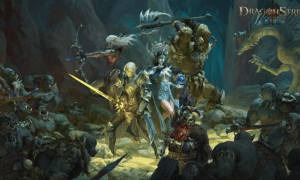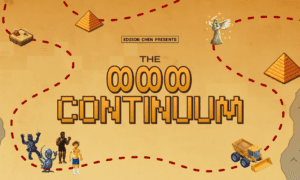Sports enthusiasm significantly impacts an individual’s identity and sense of belonging in society. Fans unite around a shared passion by using their favorite clubs’ colors, emblems, and stories, overcoming personal differences. This common experience strengthens social relationships and creates a vibrant social atmosphere in which friendships are established and strengthened during the emotional highs and lows of victories and losses. Participating in sports fandom also has psychological benefits, which contribute to overall well-being by providing an escape from daily stresses while also strengthening resilience and hope. Finally, sports enthusiasm provides a powerful way of emotional connection, community, and identification.
The role of identity and belonging
Sports fandom connects people to a larger community and is an important identity-building tool. Fans sometimes feel a feeling of purpose and belonging when they adopt their favorite teams’ colors, logos, and narratives. This shared zeal brings followers together, promoting camaraderie that transcends personal differences and binds them around a common cause. Games’ emotional highs and lows strengthen bonds, instilling pride in shared experiences and loyalty. Teams are also using AI to grow revenue more and more by examining fan behavior, therefore improving engagement techniques and guaranteeing a gratifying and individualized fan experience.
The emotional rollercoaster of victory and defeat
Sports’ exciting character is such that every game can arouse various feelings. The excitement of success is experienced by fans, which can cause exhilaration and a close relationship with their team, often leading to festivities enhancing social relationships. On the other hand, the suffering of loss can cause disappointment and annoyance, which drives supporters to turn to one another for comfort. In addition to intensifying the intensity of each game, this emotional journey creates a common narrative around which supporters can unite, transforming the fandom’s journey to become as potent as the outcomes themselves.
The social aspect of sports fandom
Participating in sports fandom often results in a vivid social scene where people gather to express their enthusiasm. Fans create relationships that might result in lifelong friendships whether they watch sports at home, go to live events, or engage in internet conversations. These shared events improve the enjoyment of the sport since they promote solidarity by means of common rituals like tailgating or sporting gear wear. Sports are a major component of many people’s social lives since the shared disappointment and the general expectation and celebration of achievements help to strengthen these social ties.
The psychological benefits of being a sports fan
Being a sports enthusiast offers several psychological benefits that improve the general quality of life. Following a favorite team lets people escape daily worries and enjoy the adrenaline of competition. This involvement can help improve attitude and inspire optimism, especially in trying circumstances. This involvement can improve mood and boost optimism, particularly during difficult circumstances. Additionally, fandom behaviors and traditions, like game day gatherings, can provide solace in everyday life. Being on a team fosters community, which makes people feel accepted and promotes morale.
Conclusion
Sports fanaticism is a complex phenomenon that fosters social bonds, improves mental health, and defines identity. The communal experiences of triumph and sadness weave a rich tapestry of emotions that binds supporters together, transcending individual differences and fostering a sense of connection. Group rituals and shared stories provide supporters joy, comfort, and companionship, increasing their love of the game and quality of life. Sports fanaticism is an important source of community, identity, and emotional support that enhances life beyond enjoyment.



































